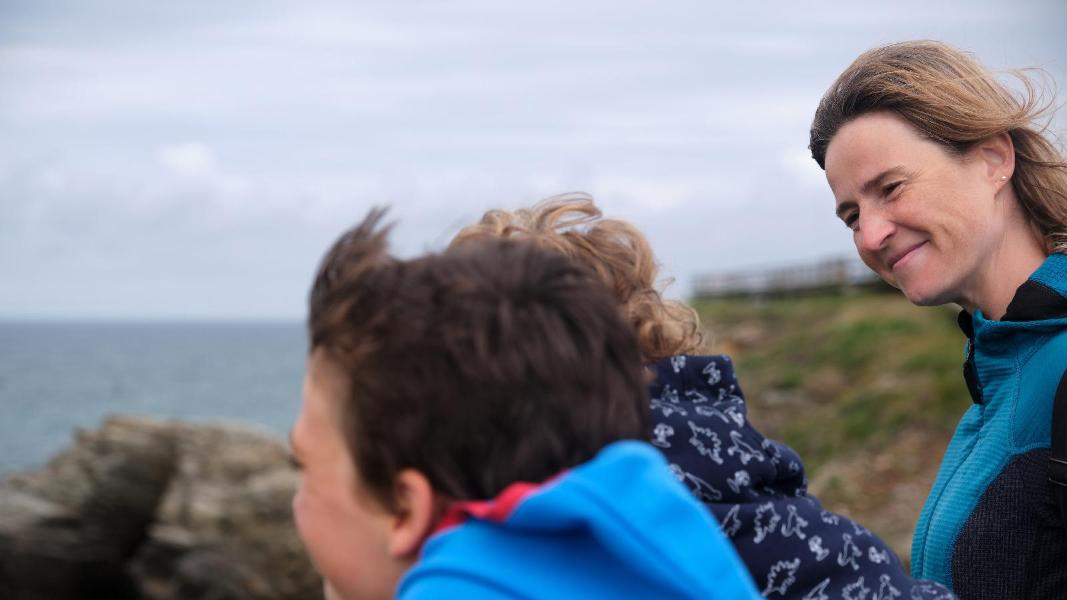Private Fostering
What is private fostering?
Private fostering is an arrangement made by a child's parent (or someone with parental responsibility) for them to live with a carer who is not a close relative of the child (under the age of 16 or 18 if the child is disabled).
A close relative is defined as a grandparent, brother, sister, uncle, aunt or step-parent (by marriage) of the child.
The arrangement is expected to last for more than 28 days and on a full-time basis.
Examples of private fostering include:
- Children/young people living with a friend's family as a result of parental separation, parental hospital admission, divorce or difficulties at home
- Teenagers living with their partner's family
Privately fostered children are not cared for children.
Parents and private foster carers should notify Together for Children of the arrangement.
The parent/s (or those with parental responsibility) and the private foster carer have a duty to notify Together for Children of the name and address of the private foster carer six weeks before the start of the private fostering arrangement.
If the arrangement is already in place, they must notify Together for Children immediately. If the arrangement is made in an emergency and is intended to last more than 28 days, this information should be provided within 48 hours of the child being placed.
Partner agencies should notify Together for Children
When meeting children, young people and their families, we should all ask questions about who lives in the household and who has parental responsibility as this can help in identifying a private fostering arrangement.
Child care professionals from other agencies (such as teachers or health care practitioners) should notify Together for Children if they become aware of or believe that a child is living in a private fostering arrangement.
The role of Together for Children and arrangements
The Children Act 1989 places a legal duty on Together for Children, working on behalf of Sunderland City Council, to protect and promote the welfare of privately fostered children, to check that the arrangements for the child/ren are safe and that the child/ren are well cared for.
Section 44 of the Children Act 2004 extended these duties to include children who are proposed to be, but not yet, privately fostered. The duties are set out in the Children (Private Arrangements for Fostering) Regulations 2005.
When we are informed of a proposed or existing private fostering arrangement:
- All enquiries are progressed via a contact being made to the Integrated Contact and Referral Team (ICRT).
- If the ICRT establishes the case is a private fostering arrangement the case will transfer directly to the Locality Team to enable a Private Fostering Assessment to be completed.
- If clarity is needed as to whether the case will meet the criteria for a private fostering arrangement a visit will be undertaken by a social worker to establish whether the criteria for private fostering is met.
- If the placement is confirmed as a private fostering arrangement, the locality social worker will then begin the Private Fostering Assessment, which needs to be completed within 14 working day
- The child's social worker will visit the child every six weeks during the first year of the private fostering arrangement and then every 12 weeks thereafter. The child should be seen at the placement and spoken to alone where this is appropriate.
- The placement will be reviewed annually between the team manager, social worker and designated manager for private fostering.
Key contacts
ICRT: [email protected]





